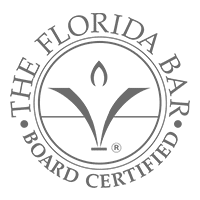Navigate Your Green Card Journey with Expert Guidance
The EB-3 visa category, as defined by U.S. immigration law, provides a pathway for Skilled Workers, Professionals, and Other Workers seeking employment-based opportunities in the United States. This visa category not only enables foreign nationals to pursue their professional ambitions but also serves to enrich the U.S. economy and society through their contributions. Let’s delve deeper into the specifics of these categories and how the process unfolds.
The Three EB-3 Visa Categories
1. Skilled Workers
This category is designed for individuals who have acquired specialized skills through a minimum of two years of training or work experience. The employment being sought must meet the following criteria:
- Permanency: The job should be permanent in nature, rather than temporary or seasonal.
- Skill Level: The role should require a worker with skills gained through formal training or practical experience.
Examples of roles in this category include skilled tradespeople (e.g., electricians, mechanics, or carpenters) or technical workers.
2. Professionals
This category is tailored for individuals who have attained a higher level of education, typically evidenced by a bachelor’s degree from a U.S. institution or its foreign equivalent. To qualify, applicants must:
- Possess the required academic degree as a standard entry requirement for their field of work.
- Perform duties for which there are no qualified U.S. workers available.
Important Note: Education and experience cannot be substituted for the bachelor’s degree requirement in this category. Professionals in fields such as engineering, education, accounting, and healthcare often fall under this category.
3. Other Workers
This category includes individuals who perform unskilled labor that requires less than two years of training or experience. The roles must meet the following criteria:
- Nature of Work: The labor must not be temporary or seasonal.
- Demand for Workers: There must be a demonstrated lack of qualified U.S. workers to perform the job.
Examples of jobs in this category include roles in construction, hospitality, and general labor industries.












